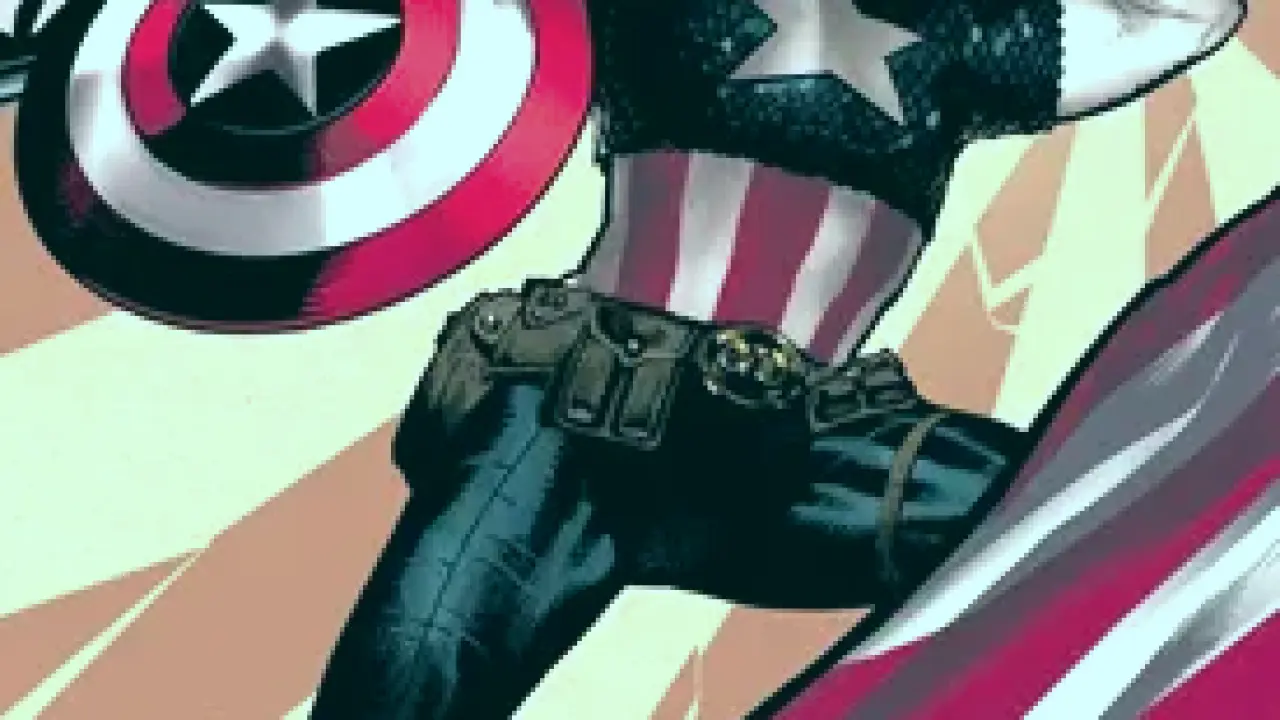Captain America WW2: The Star-Spangled Sentinel's Origins
Captain America WW2 is where it all began for this iconic Marvel hero. The character debuted during World War II, a time when the world needed a symbol of hope and freedom, and he became a prominent figure, facing the evils of Nazi Germany and the Red Skull head-on. While initially considered a one-off, Captain America rapidly garnered massive popularity in his initial release. His unwavering commitment towards fighting Nazi oppression provided a needed and immensely powerful image and cultural narrative and his character's unwavering determination in standing for freedom resonated deeply.
The creators, Joe Simon and Jack Kirby, were incredibly outspoken anti-Nazis , who designed a hero intentionally as a form of social commentary that could and would directly and unequivocally, attack the evil being conducted during those particularly horrific times in human history. The timing itself gave this fictional hero enormous power - helping give readers hope during such tumultuous times.
Captain America in World War 2: Fighting Fascism
Captain America in World War 2 wasn’t just punching Nazis for fun. He frequently tackled many real political and social issues present during the era – the struggles for liberty; resistance movements; battles against political oppression. Many comics were directly intended as a form of propaganda , aiming to promote American interests and encourage further action from ordinary citizens to either volunteer or fight against what were portrayed unequivocally as heinous actions conducted.
The political commentary didn't always shy away from its bluntness, making its depictions clear as well – unlike later depictions of the character, Captain America WW2 consistently took overt stances towards American policy and its implications – and several critics and observers found various reasons towards both applauding these actions – some however expressed their complaints, considering various political nuances omitted – some complained various statements overly simplistic and lacked sufficient reflection. Despite this, it's still compelling material even by today's standards! The sheer boldness alone is fascinating.
Bucky Barnes: The Kid Sidekick
Captain America's sidekick Bucky Barnes adds a vital and engaging dimension throughout many of his World War II adventures. Bucky provided that ever important source of humanizing details – serving as an informal way to provide essential aspects and contextualization to the larger narratives present in various comics! He acted as that sounding board, demonstrating aspects rarely featured, making stories more meaningful!
The relationship between Bucky and Captain America was remarkable. Many saw this pairing not only deliver that dynamic sidekick action; but showed something equally if not more interesting: A profoundly mature mentorship . Even though it started with that of the elder hero providing guidance and help towards his more inexperienced partner. This relationship shows that this fictional story delivers a heartfelt yet human touch! This aspect itself provides important contextual significance and meaning, especially towards many fans eager to follow and experience mentorship dynamics! That’s significant.
The Red Skull: Captain America's Arch-Nemesis
The Red Skull serves as Captain America's main antagonist in these comics – not a surprise when learning how Captain America is very much an overtly political narrative aiming at showing explicit and powerful social commentaries about the time period in question! The character represents Nazism and is introduced as an apprentice towards Hitler himself!
The character’s role doesn't necessarily depend entirely upon the sheer magnitude or the terrifying nature of his crimes! It adds numerous emotional layers, in acting as a reminder about those particular atrocities occurring historically! What makes Red Skull so effective as a villain though; isn't his capacity in representing pure evil, but showcasing what many considered the very real impact this would make upon many innocent lives.
Beyond the Battlefield: Domestic Adventures
Captain America’s conflicts were not exclusively abroad in occupied Europe or during the wartime. His comic books often dealt with his actions and impacts directly occurring on American soil, showing various challenges to freedom, crime and even acts of political corruption. What these domestic themes demonstrate is Captain America's adaptability in becoming more than a merely wartime symbol - this allowed further expanding of its wider audience and maintaining continued popular engagement with readers. The variety added great depth.
These narratives and storylines showed Cap confronting various forms of evil. Some of these might seem trivial today but some highlight a powerful ongoing message demonstrating its enduring relevancy across decades. The themes developed in these stories also touched and explored various deeply felt aspects of American history; in generating profound emotional moments and highlighting certain aspects from various other perspectives rarely shown previously – all of these worked perfectly. Many consider Captain America’s portrayal within American society to be its greatest contributions.
Captain America's Legacy: A Timeless Symbol
Captain America WW2 provided a cultural icon; a legacy that continues influencing and captivating people across generations ! While many initially may have assumed that this initially popular character's popularity would simply fade after the war concluded, this superhero and its associated narratives have consistently managed towards developing its lasting impact, ensuring the stories and character appeal far beyond those wartime comics.
The enduring appeal is multi-faceted. Its messaging of freedom and resistance resonates – not simply in terms of past historical significance and its role within WWII history but it also develops new relevancy with changing social and political environments. The exploration of issues like social justice, and the moral responsibility associated with a hero – helps showcase that there's great potential in maintaining relevance beyond initial conception. Many artists and musicians are consistently influenced by his unique appeal, consistently making various references across a multitude of creative artforms – all from an initially fictional WWII comic .

